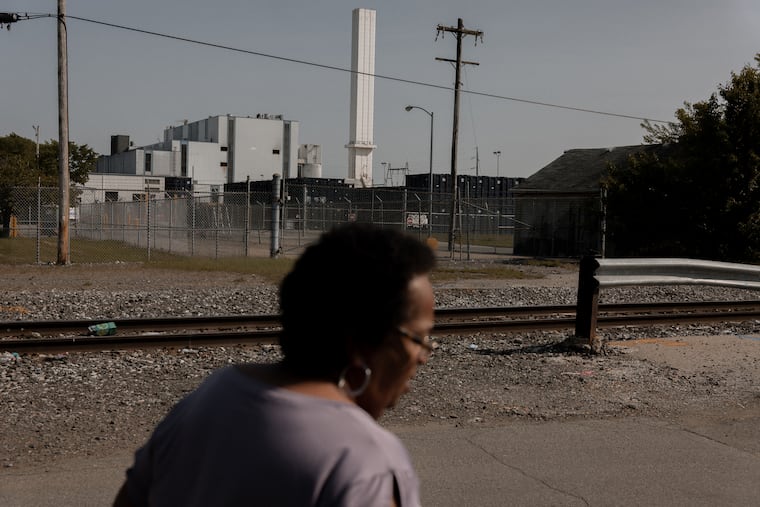You don’t need to ‘sacrifice’ Chester for Europe’s energy security
The future of energy is clean, green, and renewable, and we would all do well to get with the times.

Europe’s energy crisis is over; Robert Habeck, Germany’s vice chancellor and secretary of energy, said so himself at a recent event in Berlin.
The United States played a huge role in making this possible. Your liquefied natural gas has been helping us wean ourselves off gas deliveries from Russia. But now that the crisis is resolved, it’s time to look at what’s next. And there are three key reasons why Europe will not need more liquefied natural gas from the U.S. in the future.
First, European gas consumption is declining. Last year, it was down 19% compared with the period before Russia’s full-scale invasion of Ukraine. And thanks to our ambitious climate and energy policies, we expect demand to keep falling. The same is true in countries like Japan and South Korea.
As a result, existing export capacities in the U.S. are more than enough to supply all the liquefied natural gas we will need.
Second, liquefied natural gas is much worse for the climate than we initially thought, and no better than coal. As much as 9% of the natural gas extracted in the U.S. leaks into our atmosphere. Not only is this a huge waste of money, it’s also a disaster for the climate. Natural gas is just another name for methane, and in the immediate term, methane is up to 80 times as potent as carbon dioxide in fueling global climate change.
Third, renewables are already much cheaper than fossil fuels will ever be. That’s because every new solar panel and wind turbine can deliver free power for decades, while every new fossil plant is bogged down by a pricey lifetime subscription.
German consumers have long recognized this, and more than 400,000 of them are now operating their own small solar panels on their balconies. New liquefied natural gas terminals, meanwhile, are a horrendous waste of money; they’re the stranded assets of the near future, abandoned once they are no longer needed.
Some people claim that President Joe Biden’s recent decision to pause all new liquefied natural gas projects is hurting America’s allies in Europe. Take it directly from a European ally: This is not true. Liquefied natural gas is expensive and harmful, and we do not need more of it than we’re already getting. Not only does President Biden’s pause have my full support, I believe he should make it permanent.
In early March, I visited Chester and met Zulene Mayfield, cofounder of the environmental justice organization Chester Residents Concerned for Quality Living. Until the pause in new projects, Chester was set to become the site of the biggest liquefied natural gas export terminal on the East Coast, even though the roughly 32,000-resident community already hosts a garbage incinerator, a toxic waste site, and countless industrial facilities.
Due to all this pollution, 27% of the children in Chester have asthma, which is more than four times the national average.
Horrified, yet inspired by Mayfield’s sheer grit, I invited her to testify at a public hearing of the German Bundestag, our national parliament. Asked about the negative impacts of the terminal on her community, Mayfield said something that shocked many of my fellow parliamentarians: Residents in Chester were told that they should be “proud” to make this “sacrifice” for the good of America’s allies in Europe.
That’s absolute hogwash. As a member of the German legislature, I cannot stand for such blatant lies, so this is my attempt to set the record straight. The European energy crisis is over. Existing export capacities are sufficient, and Pennsylvanians do not need to bear these burdens for our sake.
All we need is to continue reducing our gas consumption and building out renewables while reaping the benefits for our health and the planet. The future of energy is clean, green, and renewable, and we would all do well to get with the times.
Lisa Badum has been a member of the German Bundestag since 2017. She chairs the committee on international climate and energy policy and leads Germany’s parliamentary delegation to the United Nation’s annual climate change conferences.